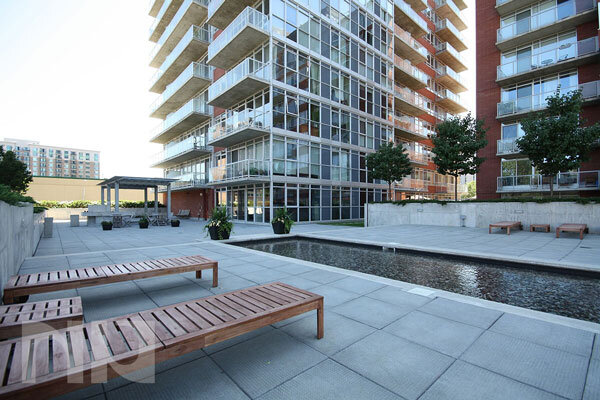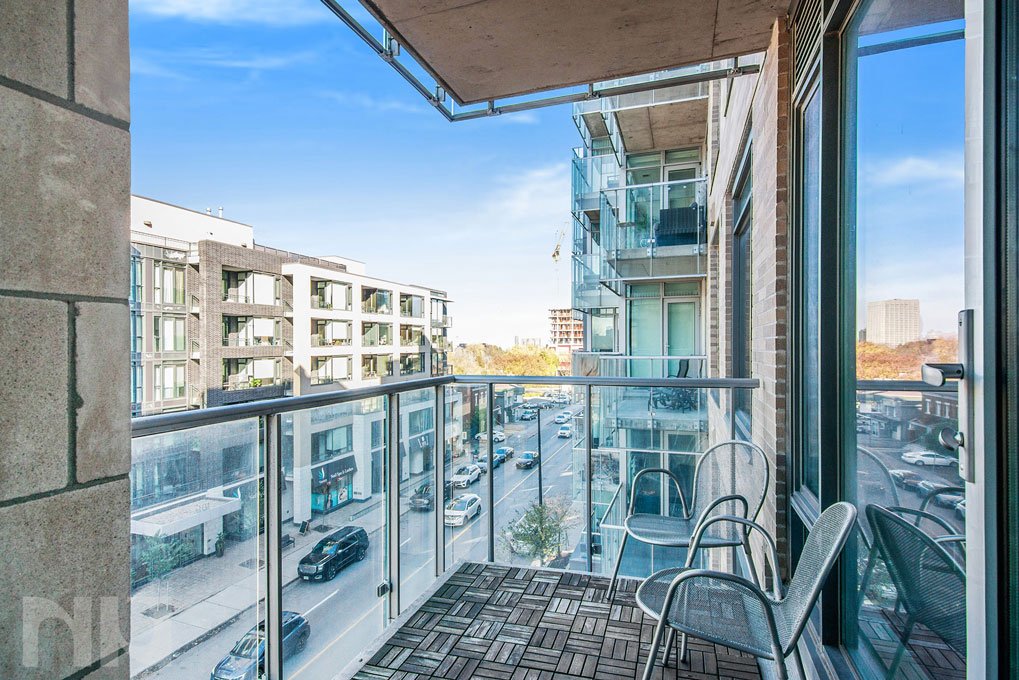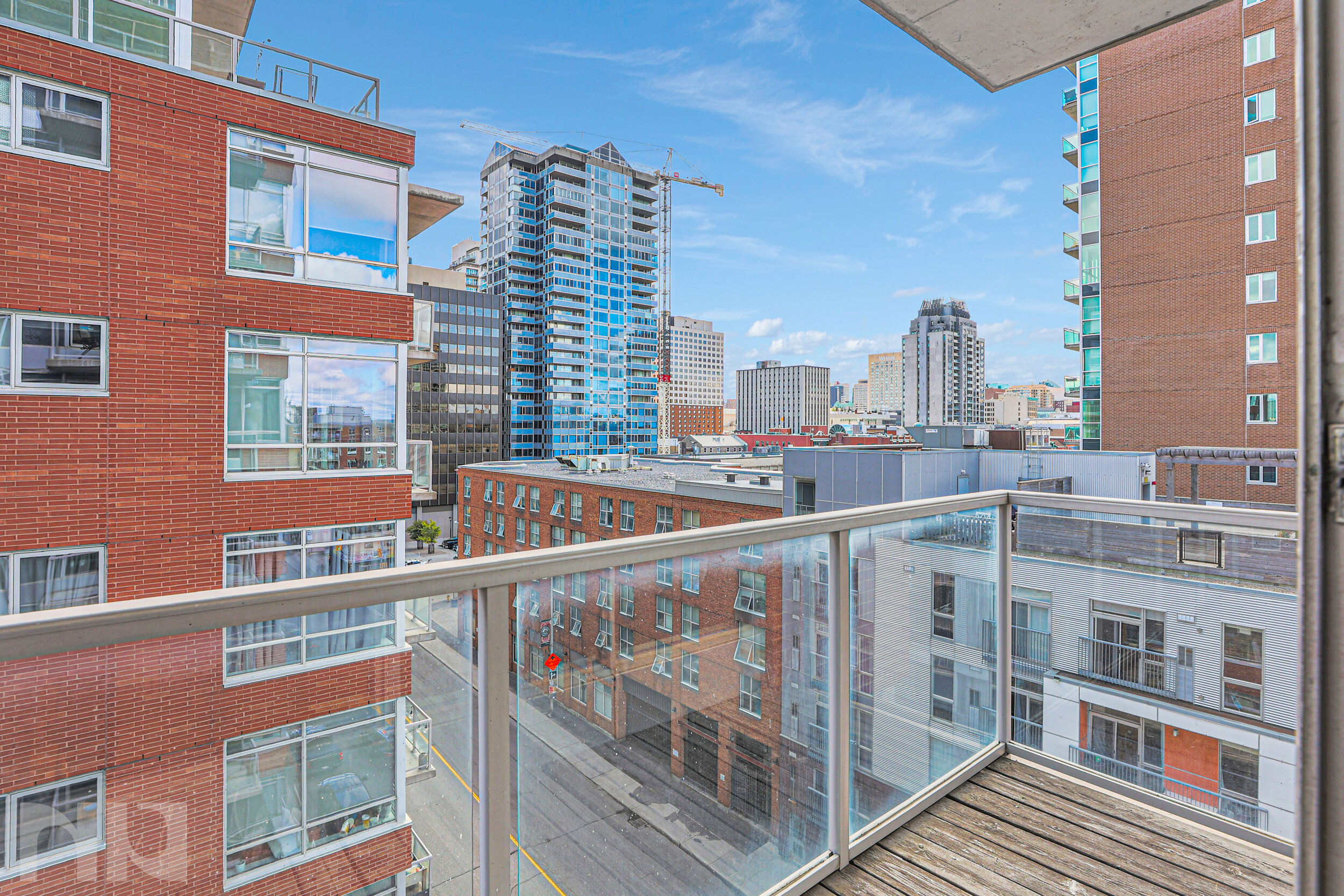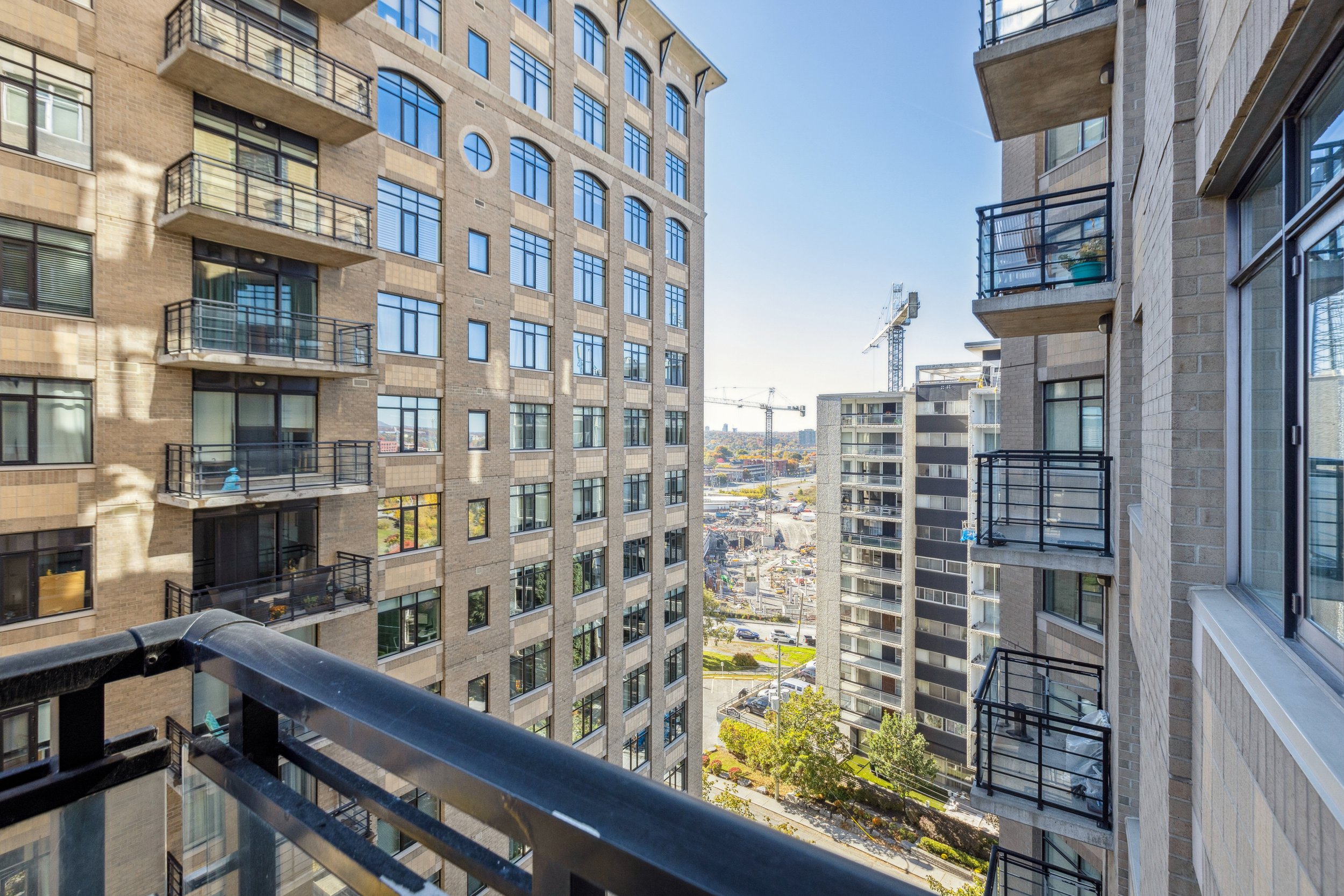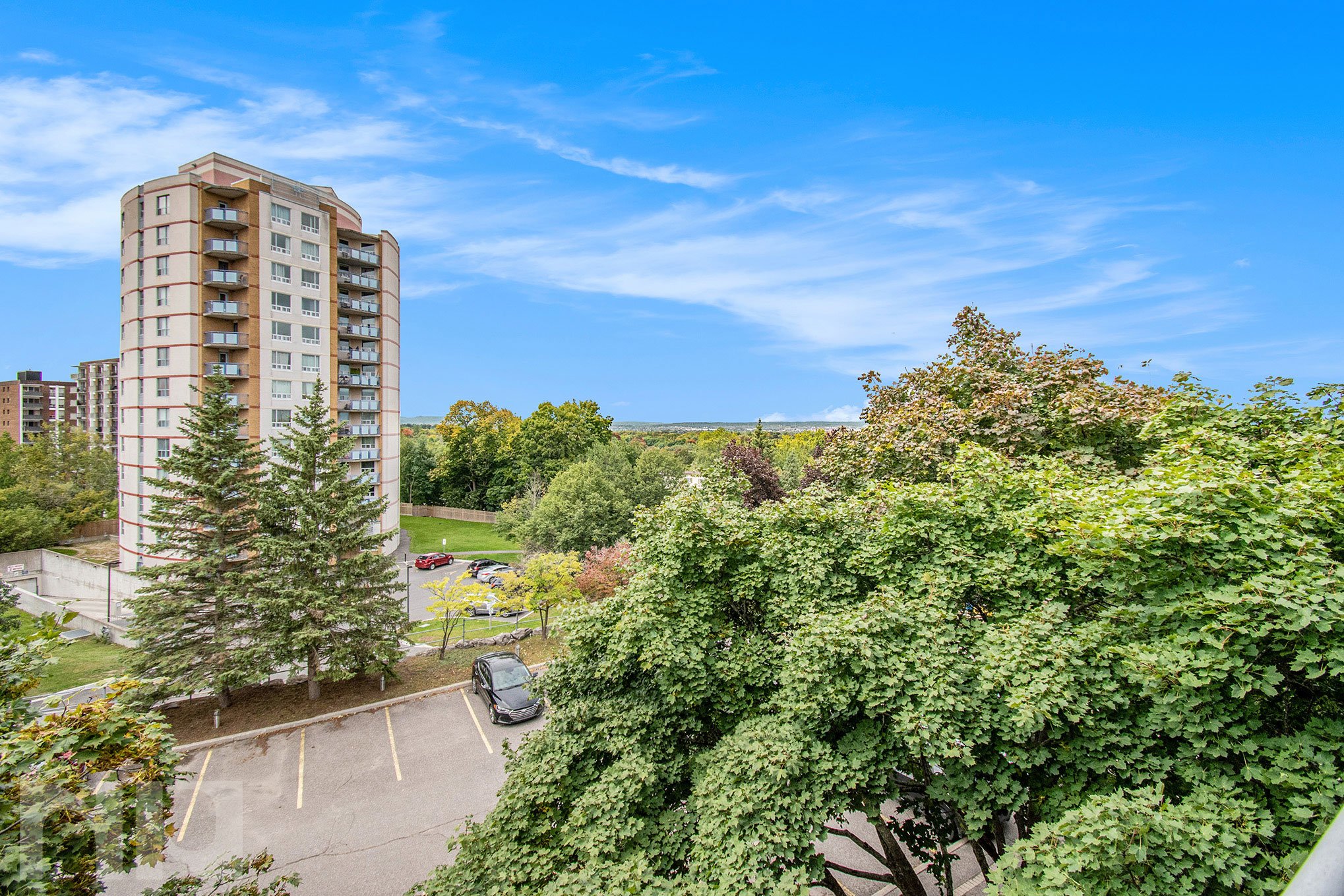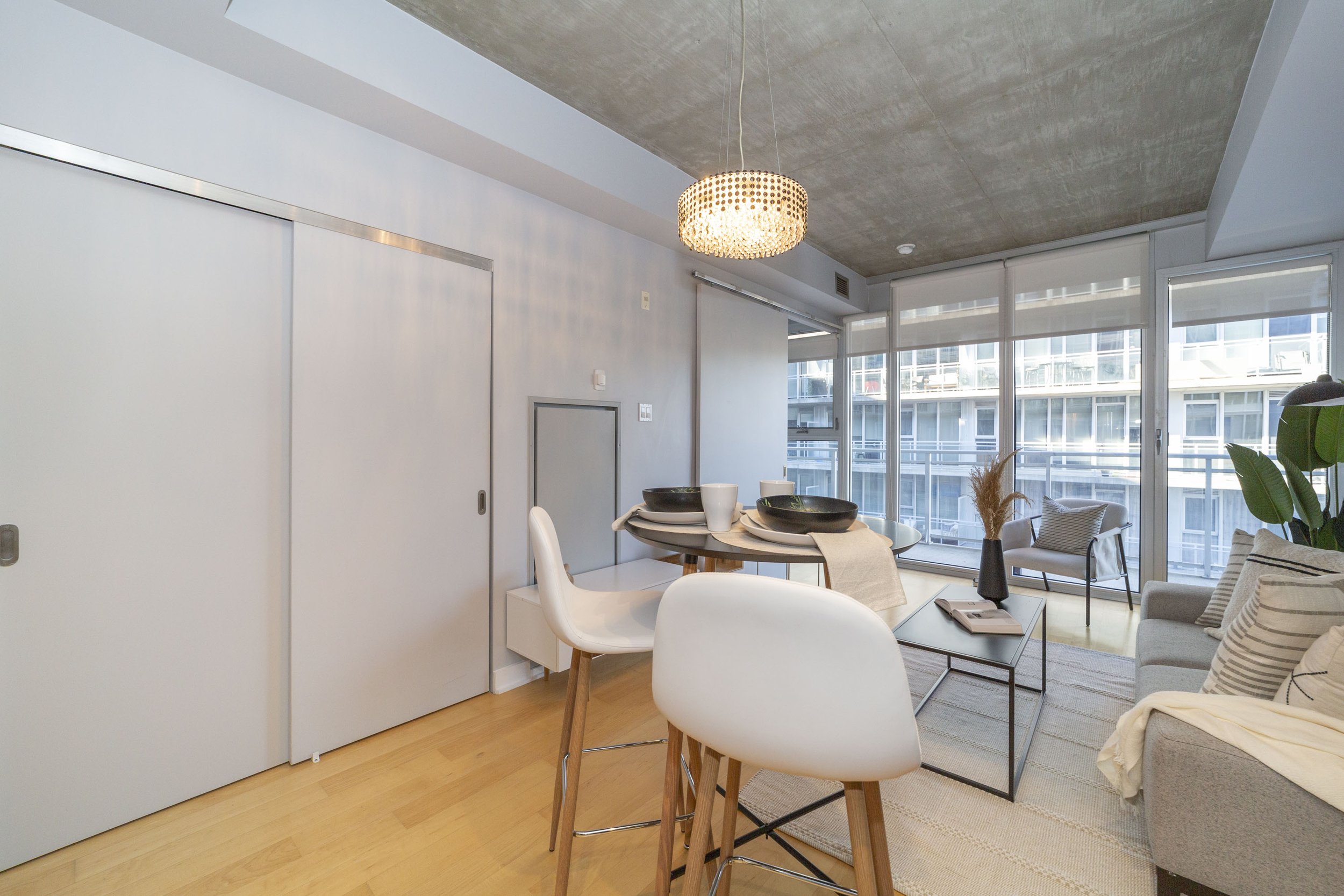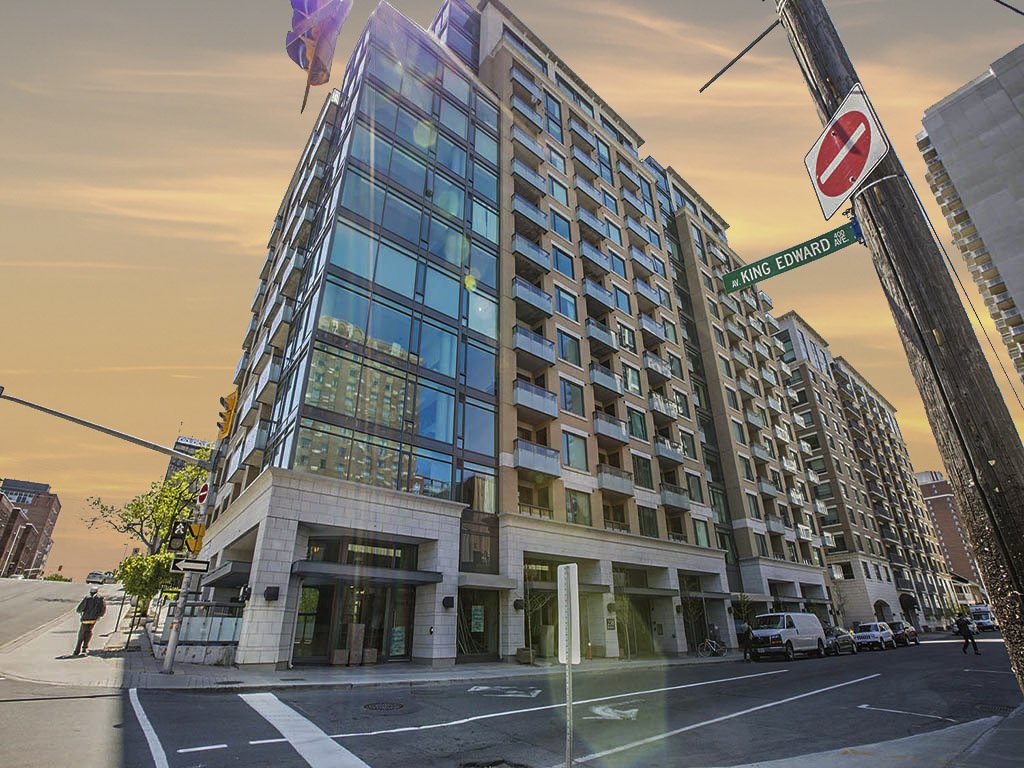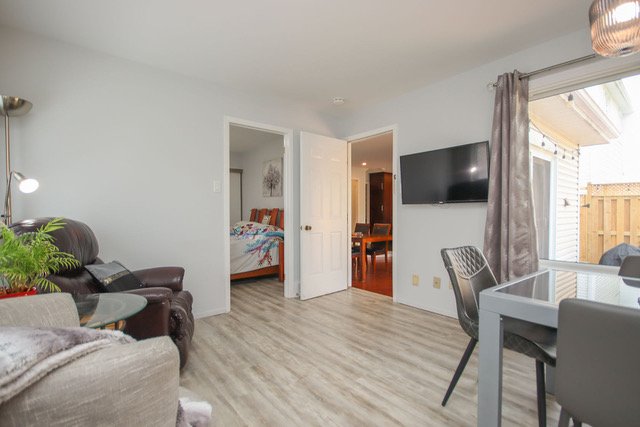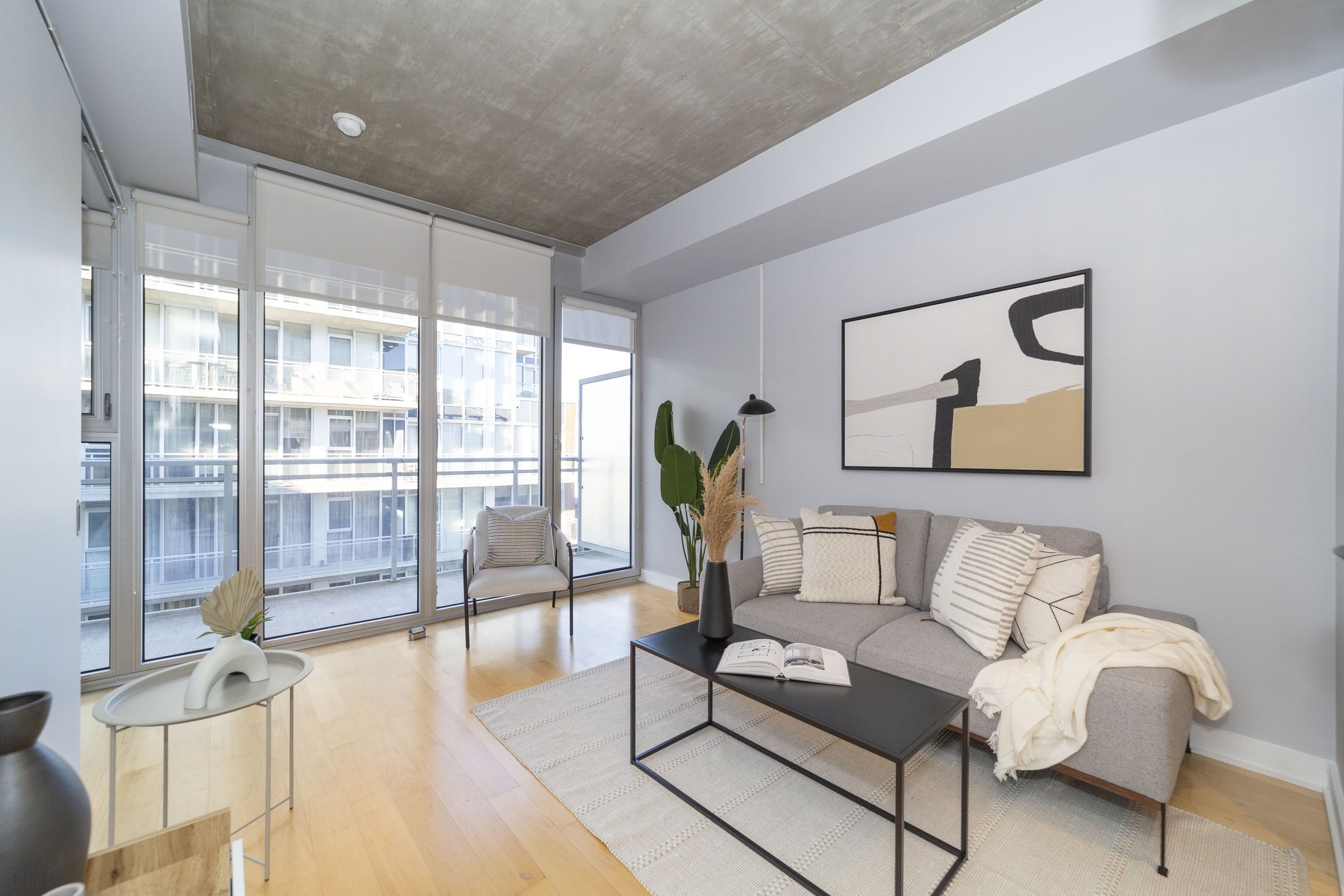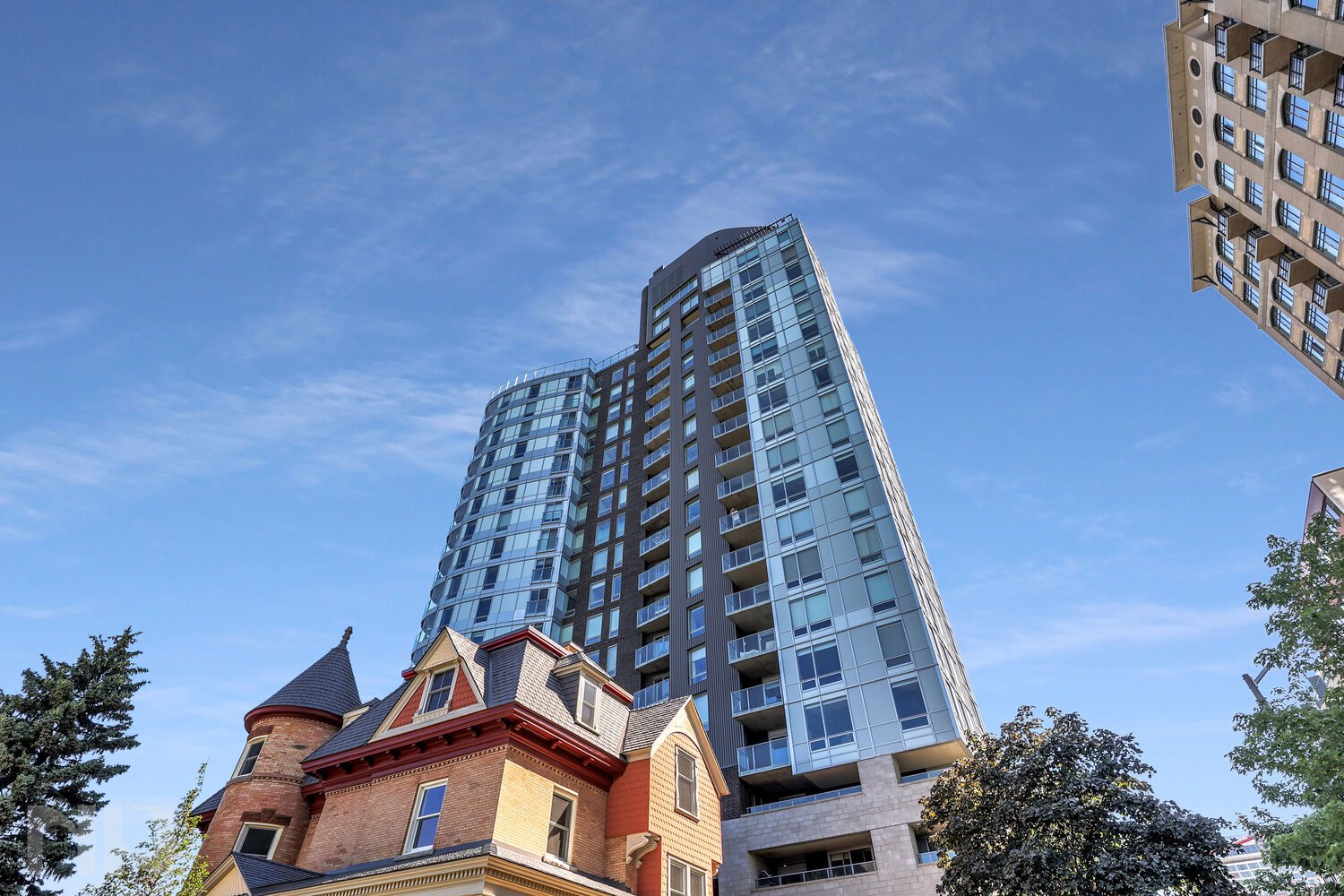Ottawa is a city rich in history and architectural diversity, home to several iconic condo buildings that tell stories of the city's past and present. This post explores the architectural and historical significance of some of Ottawa’s most notable condo buildings.
Cathedral Hill
Architectural Excellence
Cathedral Hill is one of Ottawa’s premier condo buildings, known for its sustainable design and prime location. This development, which includes residential condos, office space, and townhouses, is a model of green living. The building incorporates various eco-friendly features such as energy-efficient systems and sustainable building materials.
Historical Significance
Located adjacent to the historic Christ Church Cathedral, the name "Cathedral Hill" is a nod to this architectural landmark. The cathedral, built in the Gothic Revival style in the 19th century, adds a historical charm to the modern condos. This juxtaposition of old and new offers residents a unique living experience that blends contemporary amenities with historical ambiance (Ottawa Tourism) (Wikipedia).
The Merit Condos
Modern Design
The Merit Condos, designed by Barry J. Hobin & Associates Architects Inc., is a striking example of modern architecture in downtown Ottawa. The building features sleek lines, expansive glass windows, and a minimalist aesthetic that sets it apart from its surroundings.
Historical Context
The site where the Merit Condos now stands has a rich history. Previously, it housed various buildings that played essential roles in Ottawa's development. By choosing this site, the developers have maintained a connection to the past while providing modern living spaces that cater to today's urban lifestyle (Tourist Scavenger Hunt).
The Mondrian Condos
Artistic Inspiration
The Mondrian Condos are inspired by the works of Dutch painter Piet Mondrian. Designed by CORE Architects, the building features bold primary colors and a grid-like facade that mirrors Mondrian's iconic art style. This artistic approach to design makes the Mondrian Condos a standout in Ottawa’s urban landscape.
Cultural Hub
Located in Centretown, one of Ottawa’s most vibrant neighborhoods, the Mondrian Condos reflect the area’s cultural and artistic vibe. The building attracts a diverse group of residents, including young professionals and artists, contributing to the neighborhood's dynamic and creative atmosphere (Ottawa Tourism).
The Bowery Condos & Lofts
Urban Living
The Bowery Condos & Lofts offer a unique urban living experience with a blend of contemporary design and industrial chic. The building features modern amenities, including a rooftop pool, fitness center, and communal spaces designed to foster a sense of community among residents.
Historical Significance
The Bowery is situated in an area with a rich industrial past, and its design pays homage to this heritage. The loft-style units, exposed concrete, and industrial finishes reflect the historical character of the neighborhood, offering residents a connection to Ottawa’s industrial roots (Ottawa Tourism) (Wikipedia).
Claridge Icon
Architectural Landmark
The Claridge Icon, designed by Hariri Pontarini Architects, is the tallest residential tower in Ottawa, standing at 45 stories. Its curvilinear design and striking presence have redefined the city's skyline, making it a new architectural landmark.
Historical and Cultural Impact
Located in Little Italy, the Claridge Icon not only offers luxurious living spaces but also enhances the cultural fabric of the neighborhood. Its location near Dows Lake and the Rideau Canal provides residents with beautiful views and access to some of Ottawa’s most beloved recreational areas (Ottawa Tourism).
Ottawa’s condo buildings are more than just places to live; they are integral parts of the city's historical and architectural narrative. Each building tells a story of the city’s past, present, and future, offering residents a unique blend of modern living and historical significance. Whether you are a history enthusiast, architecture aficionado, or prospective buyer, exploring these iconic condo buildings provides a deeper appreciation of Ottawa's rich heritage.
Contact Us:




